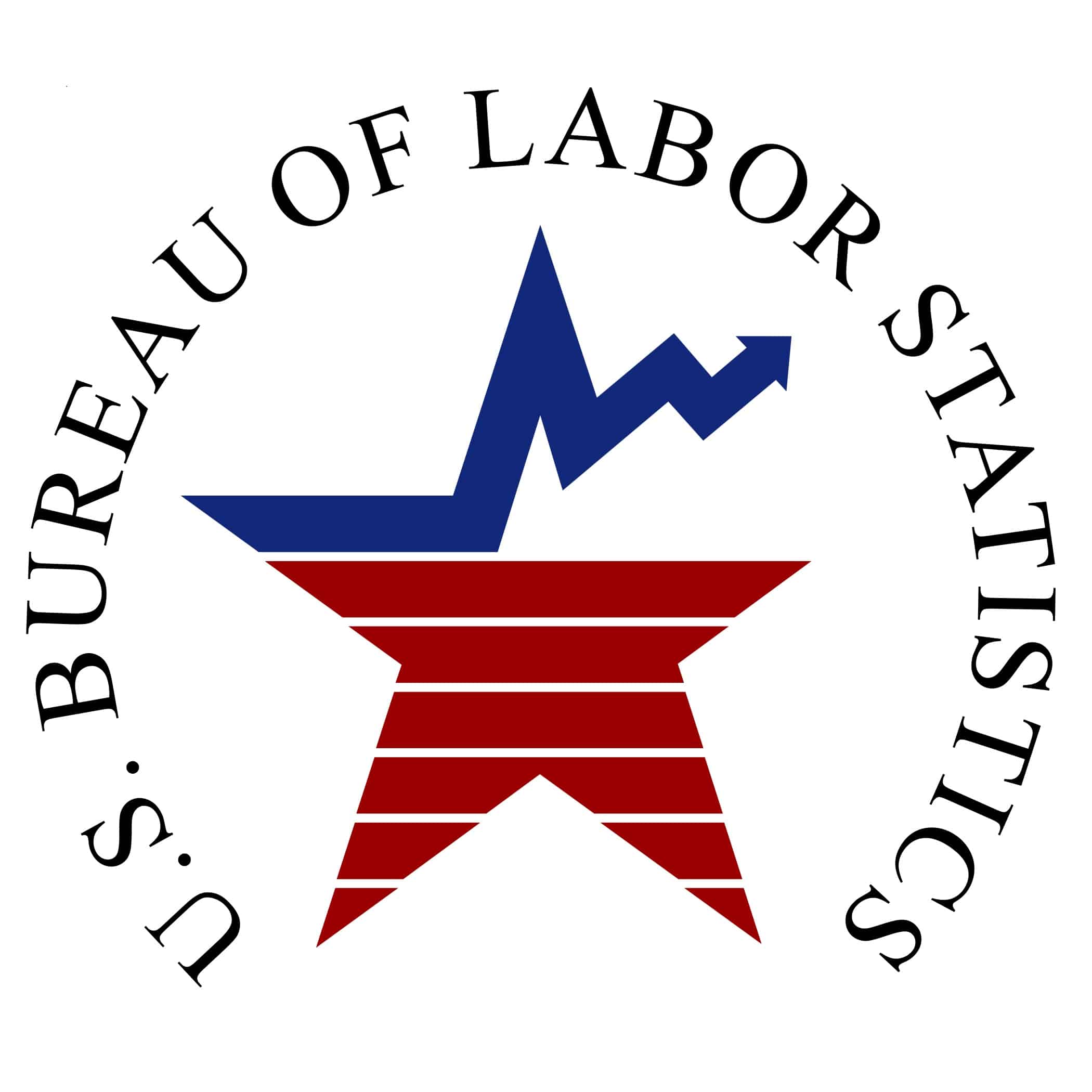Great Jobs Numbers Don’t Assuage Trade War Worries

 Today’s jobs numbers were a surprise to everyone—312,000 jobs added in December was almost twice the consensus view of economists of 176,000. Strong wage growth was also present, as was a welcome return of working age adults to the labor force (which likely contributed to a slight uptick in the unemployment rate). Black men remain one of the main beneficiaries, with a historically low unemployment rate. These all suggest, as we have mentioned before, that the administration’s supply-side policies of tax cuts and deregulation are working and will continue to work as long as they continue.
Today’s jobs numbers were a surprise to everyone—312,000 jobs added in December was almost twice the consensus view of economists of 176,000. Strong wage growth was also present, as was a welcome return of working age adults to the labor force (which likely contributed to a slight uptick in the unemployment rate). Black men remain one of the main beneficiaries, with a historically low unemployment rate. These all suggest, as we have mentioned before, that the administration’s supply-side policies of tax cuts and deregulation are working and will continue to work as long as they continue.
Some observers might also suggest that this strong growth occurred despite the President’s trade war, and conclude that the trade war is working. This would be a mistake. Free market economists know that trade wars and protectionism do not necessarily reduce the number of jobs, and recognize that they might lead to more jobs in certain sectors. The free-market insight is that these jobs created are the wrong jobs – jobs the market would not create absent the distortions and incentives introduced by trade policy.
As Texas Tech’s Ben Powell puts it:
Trade neither creates nor destroys jobs on net, because the loss of jobs in a steel or aluminum industry that competes with imports is offset by job creation in U.S. export industries and other industries that use steel and aluminum in whatever they produce. Similarly, tariffs on steel and aluminum create jobs in those industries at the expense of jobs in export sectors and those that use steel and aluminum, such as the car, construction, beer, and soft drink industries.
Total long-run employment is largely a function of the size the labor force and labor market regulations. So claims that Trump’s policies will either create or destroy jobs on net are bogus. Again, it’s the mix of jobs and what we produce in America that tariffs change—and in this case, that will be for the worse.
So celebrations over so many jobs added should be tempered by the recognition that these jobs might not be beneficial to the economy as a whole. As noted above, the administration’s supply-side policies have worked. They allowed the invisible hand to work. Those gains should not be threatened by visible attempts to manipulate the market through tariff policy.